The concepts of formal and information remain central to the theory and practice of development more than half a century after they were introduced into the debate. They help structure the way that statistical services collect data on the economies of developing countries, the development of theoretical and empirical analysis, and most important, the formulation and implementation of policy. This volume brings together a significant new collection of studies on formality and informality in developing countries. The volume is multidisciplinary in nature, with contributions from anthropologists, economists, sociologists, and political scientists. It contains contributions from the among the very best analysts in development studies. Between them the chapters argue for moving beyond the formal-informal dichotomy. Useful as it has proven to be, a more nuanced approach is needed in light of conceptual and empirical advances, and in light of the policy failures brought about by a characterization of the ‘informal’ as ‘disorganized’. The wealth of empirical information in these studies, and in the literature more widely, can be used to develop guiding principles for intervention that are based on ground level reality.
Linking the Formal and Informal Economy: Concepts and Policies
In stock
Free & Quick Delivery Worldwide
reviews
Bibliographic information
Title
Linking the Formal and Informal Economy: Concepts and Policies
Author
Edition
Reprint
Publisher
Oxford University Press, 2007
ISBN
0199230676
Length
xviii+294p., Figures; Tables.
Subjects


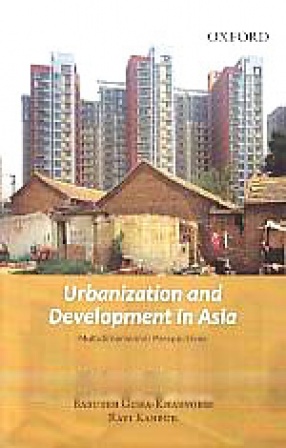
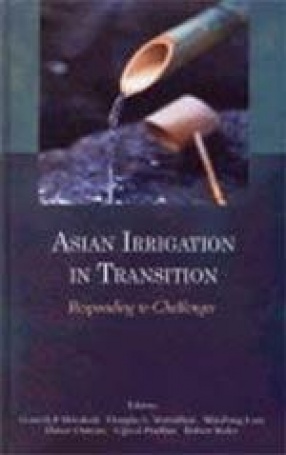
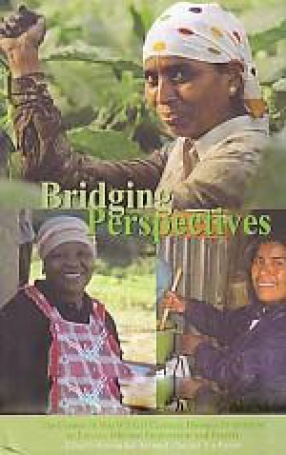
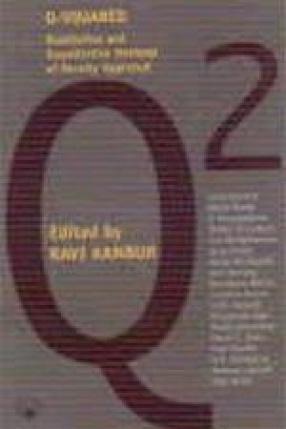
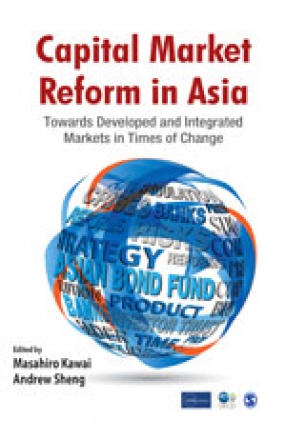
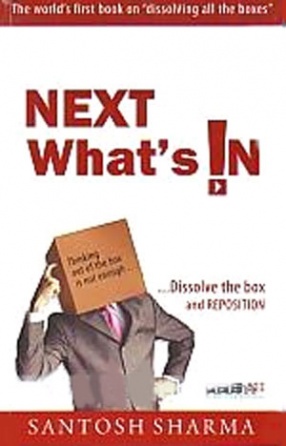
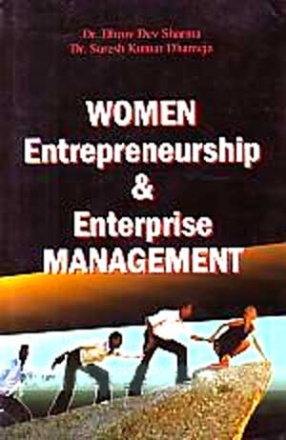
There are no reviews yet.